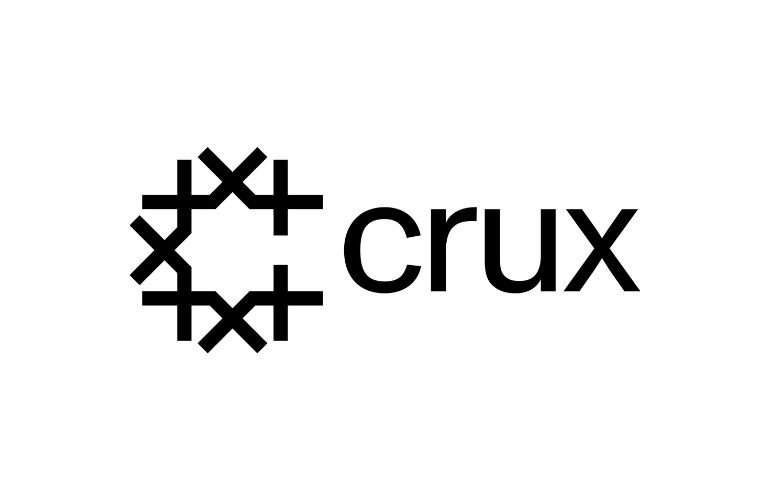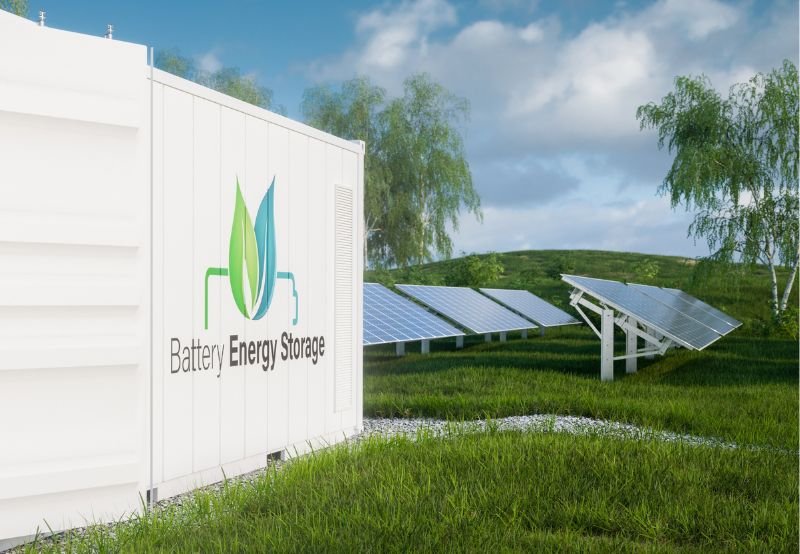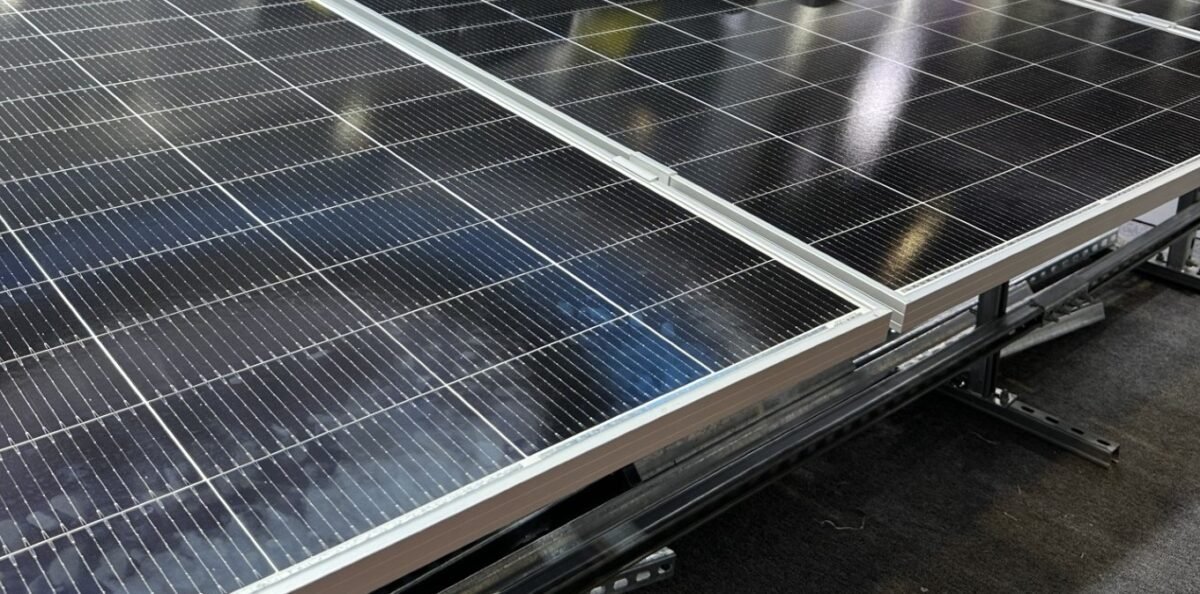How Crux Simplifies Tax and Equity Financing for Solar Projects
Clean energy developers face a big hurdle: financing. Whether it's a solar farm in Texas or a community solar project in New York, finding the right capital can make or break a deal. That's where Crux steps in—bridging the gap between developers needing funds and investors hunting for smart, sustainable opportunities.
Why Tax Credits and Preferred Equity Matter
Let's cut through the jargon. Tax credits aren't just IRS paperwork—they’re real money. A 30% Investment Tax Credit (ITC) means if your solar project costs $1 million, you could slash $300,000 off your tax bill. But here’s the hitch: many developers can’t use all those credits themselves. That’s why transferring them to investors through platforms like Crux is game-changing. Preferred equity? Think of it as middle-ground financing—less risky than common stock but with better returns than plain debt.
The Crux Advantage: No More Guesswork
Ever tried selling tax credits without a clear marketplace? It’s like haggling at a flea market blindfolded. Crux structures these deals so developers get capital faster, while investors get vetted projects with transparent terms. Their platform handles the heavy lifting—compliance, valuation, even payment logistics. For investors wary of solar’s complexities, that’s a breath of fresh air.
But Wait—Is Solar Financing Really This Simple?
Here’s where skeptics pipe up: ‘If it’s so easy, why isn’t everyone doing it?’ Truth is, old-school financing still dominates. Banks often demand personal guarantees or absurd equity cushions. But with tools like Power Purchase Agreements (PPAs) and now Crux’s marketplace, the script is flipping. A recent 10MW project in Ohio closed 40 days faster using their system—time saved equals dollars earned.
The Hidden Win for Smaller Developers
Solar isn’t just for Fortune 500 companies anymore. Community co-ops and mid-sized installers are tapping into Crux’s network to compete with the big players. One Wisconsin installer used preferred equity to fund a 2MW array—no corporate balance sheet required. That’s inclusivity in action.
What Investors Should Watch For
Not all tax credit deals are alike. A 1MW rooftop system in sun-drenched Arizona carries different risks than a wind-solar hybrid in Maine. Crux’s vetting weeds out shaky projects, but savvy investors still check the fine print: PPA terms, offtaker credit ratings, even local permitting quirks. Remember SunEdison’s crash? Due diligence never goes out of style.
The Future: Beyond the ITC
With the ITC stepping down to 26% in 2033, creative financing will boom. Crux is already piloting Production Tax Credit (PTC) swaps and battery storage carve-outs. Pair that with innovations like Tesla’s Megapack for storage, and the sector’s runway looks long—even if policy winds shift.
Bottom line? Solar financing isn’t just about money changing hands. It’s about building grids that are cleaner, smarter, and—finally—fairer. And that’s a deal worth making.






